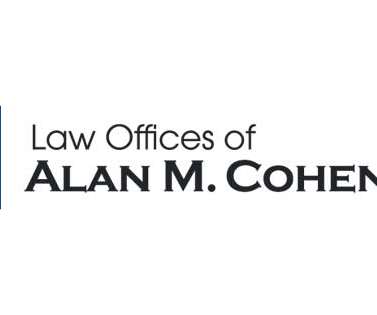Secured vs Unsecured Debt: Everything You Need to Know
Sawin & Shea
NOVEMBER 15, 2023
In the case of a Chapter 7 bankruptcy , the court appoints a trustee who is in charge of selling off (liquidating) a debtor’s non-exempt assets. If a debtor has assets that are not protected under those statutes, the trustee can liquidate those items and use the proceeds to pay creditors back something. What is the difference?












Let's personalize your content